What comes first – social cohesion or volunteering? Belong – The Cohesion and Integration Network is the lead agency for an exciting new project funded by DCMS (the Department for Digital, Culture, Media and Sport) to look at the relationship between the two.
‘The Power of Connection’ has been commissioned by some of the UK’s biggest charities including Royal Voluntary Service, Girlguiding UK and St John Ambulance – all members of the Shaping the Future coalition. They came together in the light of the Covid pandemic, concerned that collaboration and networking within the voluntary sector was essential for resilience.
The aim is to help commissioners, funders and policy-makers provide volunteering opportunities which offer prolonged, meaningful social mixing – essential to reducing prejudice and building social cohesion – and to increase community resilience.
The Power of Connection project will have two key outputs:
- A literature review of existing data from Shaping the Future coalition members plus the Belong Network’s own Beyond Us and Them research looking at factors influencing social mixing, cohesion, trust and volunteering
- A toolkit aimed at any non-profit organisation that wants to bring people together through voluntary work. This will contain guidance and best practice examples on how volunteering can best strengthen social cohesion at a local level. It will draw on the latest research and evidence on volunteering and social cohesion using a bespoke theory of change developed for the purpose.
Work is currently underway on both these outputs with the toolkit aimed to launch mid 2023. It is hoped the toolkit will build the confidence of commissioners, funders and delivery programmes that rely on volunteers to ‘bond, bridge and link’’:
- Bond by expanding the diversity of their volunteer base
- Bridge with other organisations providing similar services to different communities, or who are working in the same neighbourhoods but providing different services
- Link up with local authorities and other statutory service providers to build partnerships and increase resilience
- The toolkit will also be a resource for businesses and workplaces who want to foster stronger connections and trust with the local area in which they are located through workforce volunteering schemes.
Working alongside Belong and the Shaping the Future coalition is the Centre for the Study of Group Processes at the University of Kent and Bradford Council, one of the local authorities that piloted the Integration Area programme, previously also funded by DCMS.
Jo Broadwood, CEO of the Belong Network, said:
“During the pandemic we saw through our own research and from our members how crucial volunteering work was in holding communities together and helping people face really tough times. We know that communities with higher rates of volunteering fared better during the pandemic, for instance with people rating themselves as more satisfied with relationships with family and neighbours, and with lower rates of prejudice and mistrust. Contact theory also tells us that sustained, meaningful interpersonal contact – exactly like through volunteering – is key to reducing prejudice.
“The question now is – what comes first, volunteering or social cohesion? We are so lucky to have the involvement of some of the UK’s biggest voluntary organisations to help us find out and build knowledge so more organisations can offer opportunities to help people mix, get to know one another and help their communities be more resilient.”
To find out more about the Power of Connection, contact Jeni Vine, Belong Network Research and Development Manager via jeni@belongnetwork.co.uk.
